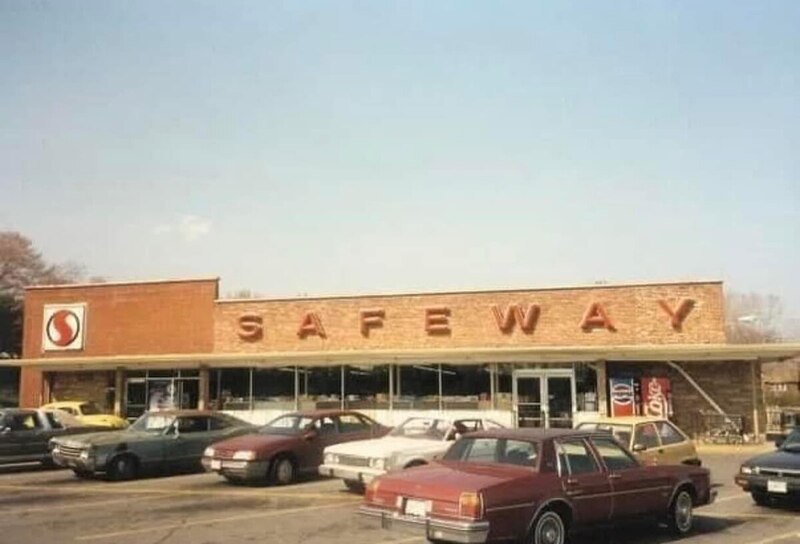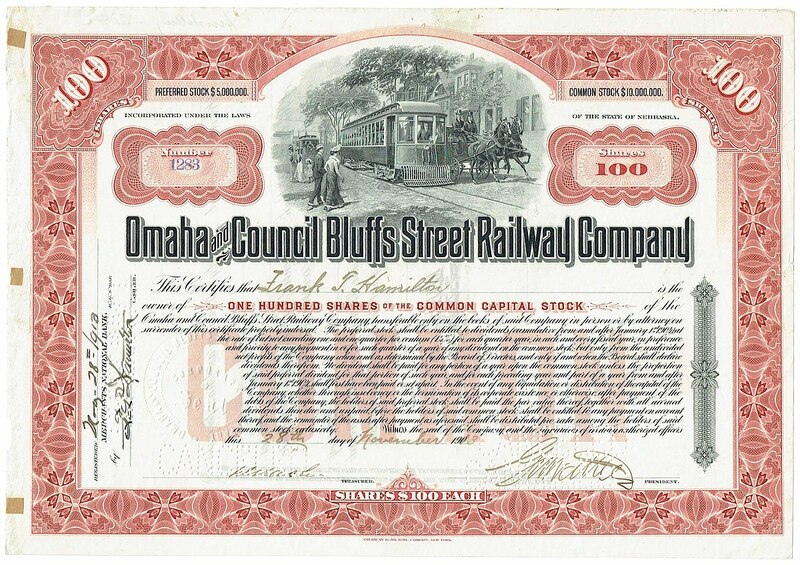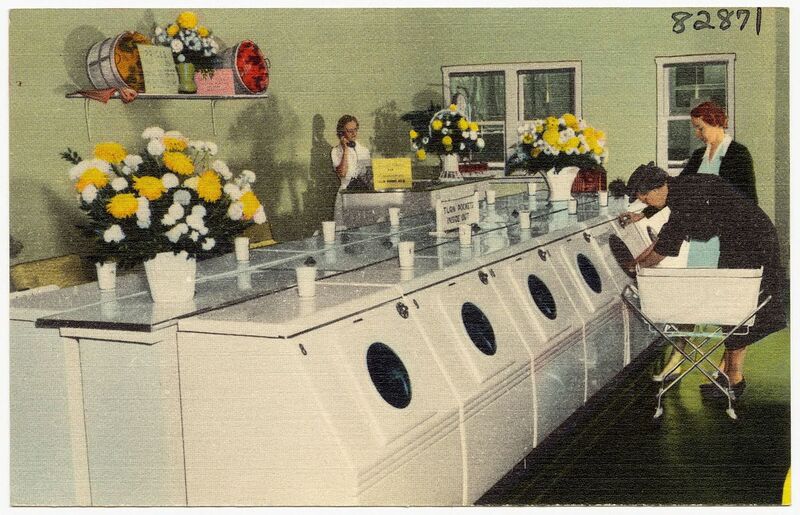Companies
Coca-Cola
Safeway
In May of 1951, Safeway initially said they would “hire qualified negroes but have no openings at present.” By November of that same year, Safeway had integrated due to DePorres Club intervention. Safeway tried to skirt this issue by not addressing it until the DePorres Club started determining actions that could be taken against the store's discriminatory policies (8 September 1952). The DePorres club began to give the store an ultimatum in September of 1952, either amend their hiring practices or they will begin a boycott on their stores. Safeway responded by hiring two Black workers and the Club decided they would let the store run as normal but keep a close eye on them (10 November 1952).
Roller Rink
The roller rink in Omaha at the time, (find name), was another business tested for discrimination against non-whites in October of 1952. In November of the same year, a number of Blacks from the DePorres Club were denied admittance to the roller rink. On December 8th, 1952, the roller rink loses the lawsuit against them for the discrimination.
Street Railway Company
In 1949, members of the DePorres Club met with representatives of the Street Railway Company to negotiate hiring and employment of African Americans as drivers. At this time of, Street Railway Company had yet to employ any black Americans within the company and firmly resisted efforts at desegregation. During their meeting, the company’s vice president dismissed the DePorres Club’s proposal, claiming, “if [black Americans] were put on as drivers, the people of Omaha would not ride the buses or street cars.” Despite the club’s efforts, the company stood firm on their stance of segregation, and refused to hire black Americans. Street Railway Company desegregated in 1954, following the bus boycott organized by the DePorres Club.
Edholm-Sherman Laundry
In early July of 1950, Mrs. Edholm’s laundry service had a policy dictating they would not hire nonwhites. In late July of the same year, handbills were distributed in regards to the Edholm-Sherman Laundry. In the August 7th, 1950 meeting, it was noted that the Edholm-Sherman Laundry posted a job for a “qualified driver.” The DePorres Club sent Tessie Edwards to contact the Urban League to see if a “qualified negro” can apply. During the same meeting, the Club reported that the nonwhites working at the laundry were to show up to the meeting but did not. On August 28th, 1950, it was reported that the Edholm-Sherman Laundry business had dropped since the DePorres Club became involved. By October 9th, 1950, the Edholm-Sherman Laundry was for sale, presumably due to lack of business. Other laundry businesses included the Emerson-Sarasota Laundry, Evans Laundry, and Puritan Laundry, all of which were reported to have hired “negro staff,” unlike the Edholm-Sherman Laundry.



